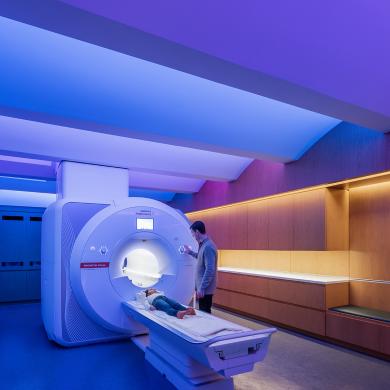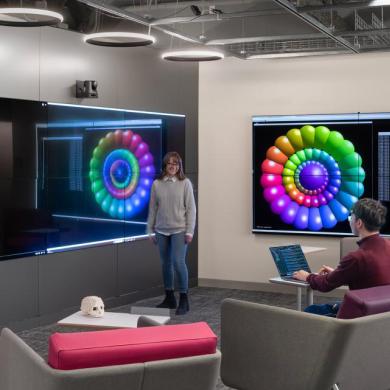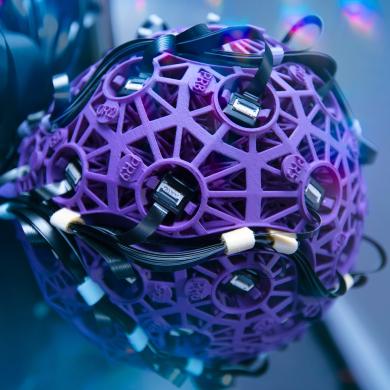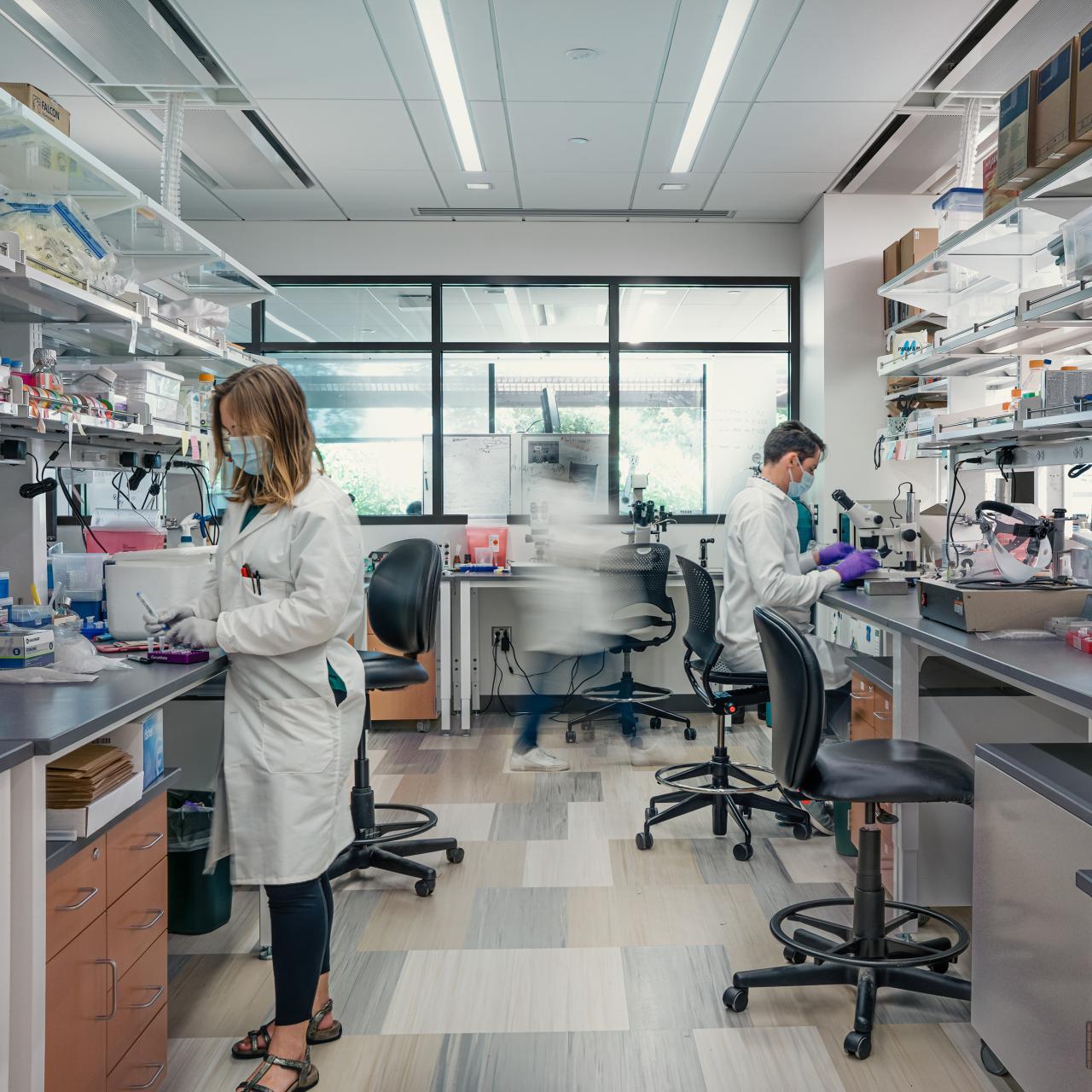
Research at the Wu Tsai Institute joins methods and insights from biological, psychological, and computational sciences. We cross traditional departmental and disciplinary boundaries and respect contributions from scientists of all backgrounds and career stages. Together, our researchers measure, manipulate, and model the building blocks of the brain and the emergent properties of the mind to make discoveries and create knowledge that impacts our understanding of human cognition.
How do molecules and cells coalesce into language, memory, and behavior?
How can the immense learning potential of young brains be extended or rebooted later in life?
Why do humans lose focus, forget, make bad decisions, and have conflicts despite unparalleled intelligence?
What can human cognition teach us about the future of technology and AI?
A deeper understanding
of cognition will bring us closer to scalable solutions to advance human education, health, creativity, and society.
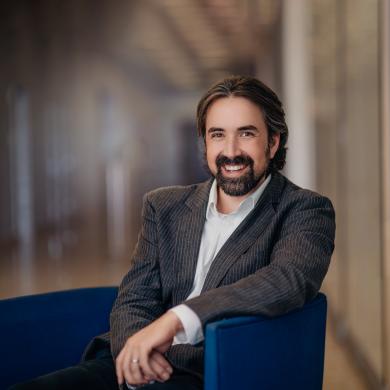
Scientific interest in the brain originated in the magic of the mind. Neuroscience as a field then branched off into subfields studying the brain at different scales, using different tools and concepts, and affiliating with different neighboring disciplines. This has led to rapid progress in recent decades. Now is the time to reunite these subfields and together address the founding aspiration of neuroscience — to reveal the inner workings of the mind through an integrated understanding of the brain.
Nicholas Turk-Browne, Director of the Wu Tsai Institute, Susan Nolen-Hoeksema Professor of Psychology + Professor of Neurosurgery, Psychiatry, and in the Child Study Center
The Center for Neurodevelopment and Plasticity, the Center for Neurocognition and Behavior, and the Center for Neurocomputation and Machine Intelligence provide distinct perspectives on the common problem of understanding cognition — a sum greater than its parts. The Institute unites researchers affiliated with these Centers in collaborative spaces and programs to exchange ideas and create novel and complementary approaches to understanding human cognition.




